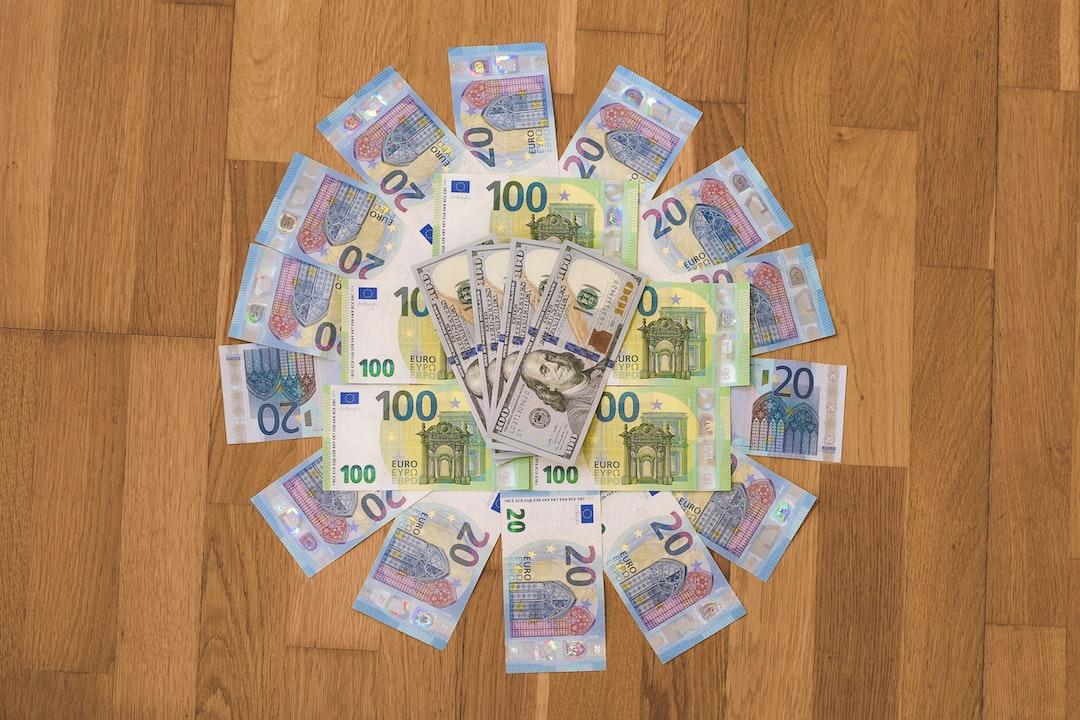OpenSea, a platform for trading nonfungible tokens (NFTs), has introduced support for the ERC-721C token standard, allowing creators to establish and enforce royalties. This new feature, announced on April 2, enables creators to easily enforce earnings with just one click. The ERC-721C token standard was developed by blockchain gaming company Limit Break in May of last year to address the issue of NFT wash trading. It standardizes token transfer conditions, including royalties, across all channels. Prior to the introduction of this standard, users were able to bypass creator royalty commissions on secondary markets by transferring NFTs through self-custody wallets or other NFT marketplaces that did not honor royalty requirements.
According to a Medium post by Limit Break, this loophole allowed for zero-fee, royalty-optional trading through airdrops, effectively turning nonfungible tokens into fungible tokens. Traders were incentivized to engage in wash trading, where NFTs were traded among their own wallets, which had a negative impact on the NFT industry.
OpenSea developers have stated that compatibility for the ERC-721C token standard was made possible by the Dencun upgrade on the Ethereum network, which took place on March 13. By enforcing creator earnings according to the provided steps, sales will only be supported on OpenSea and other marketplaces powered by Limit Break’s Payment Processor. After deploying the ERC-721C contract on OpenSea, creators can still manually list their digital artwork on other marketplaces, but OpenSea will match the lowest royalties set by the creator on other platforms.
This new feature is also compatible with OpenSea’s Seaport 1.6, which allows NFTs to be sold under specific conditions, such as altering metadata in response to sales volume. While the exact royalty percentage is at the discretion of the creator, typical NFT royalties range from 2.5% to 10% per sale. The top 10 NFT collections have earned more than $345 million in royalties since their inception.
Related: NFTs are akin to nightclubs, and cryptocurrency is a volatile belief system.

